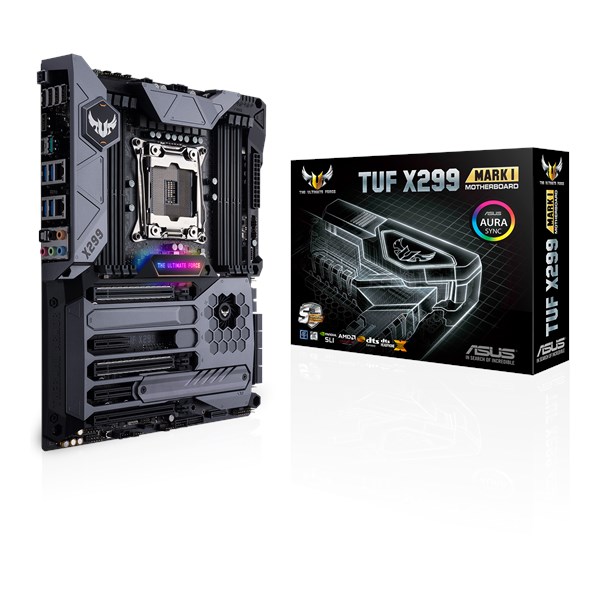Hi everyone 
I am looking to build a new W7 machine. I currently have two nvme SSDs that work just fine (I found the controllers online). I would like the new machine to have 5 nvme slots. An OS SSD, a projects SSD, and a TON of data to be spread across the other three SSDs
I have emailed ASUS, GBYTE, ASROCK and MSI. The max nvme slots is 3.
Does anyone know where else I can look? Be it on the server side of things, or... ?
Thanks in advance.

I am looking to build a new W7 machine. I currently have two nvme SSDs that work just fine (I found the controllers online). I would like the new machine to have 5 nvme slots. An OS SSD, a projects SSD, and a TON of data to be spread across the other three SSDs
I have emailed ASUS, GBYTE, ASROCK and MSI. The max nvme slots is 3.
Does anyone know where else I can look? Be it on the server side of things, or... ?
Thanks in advance.




